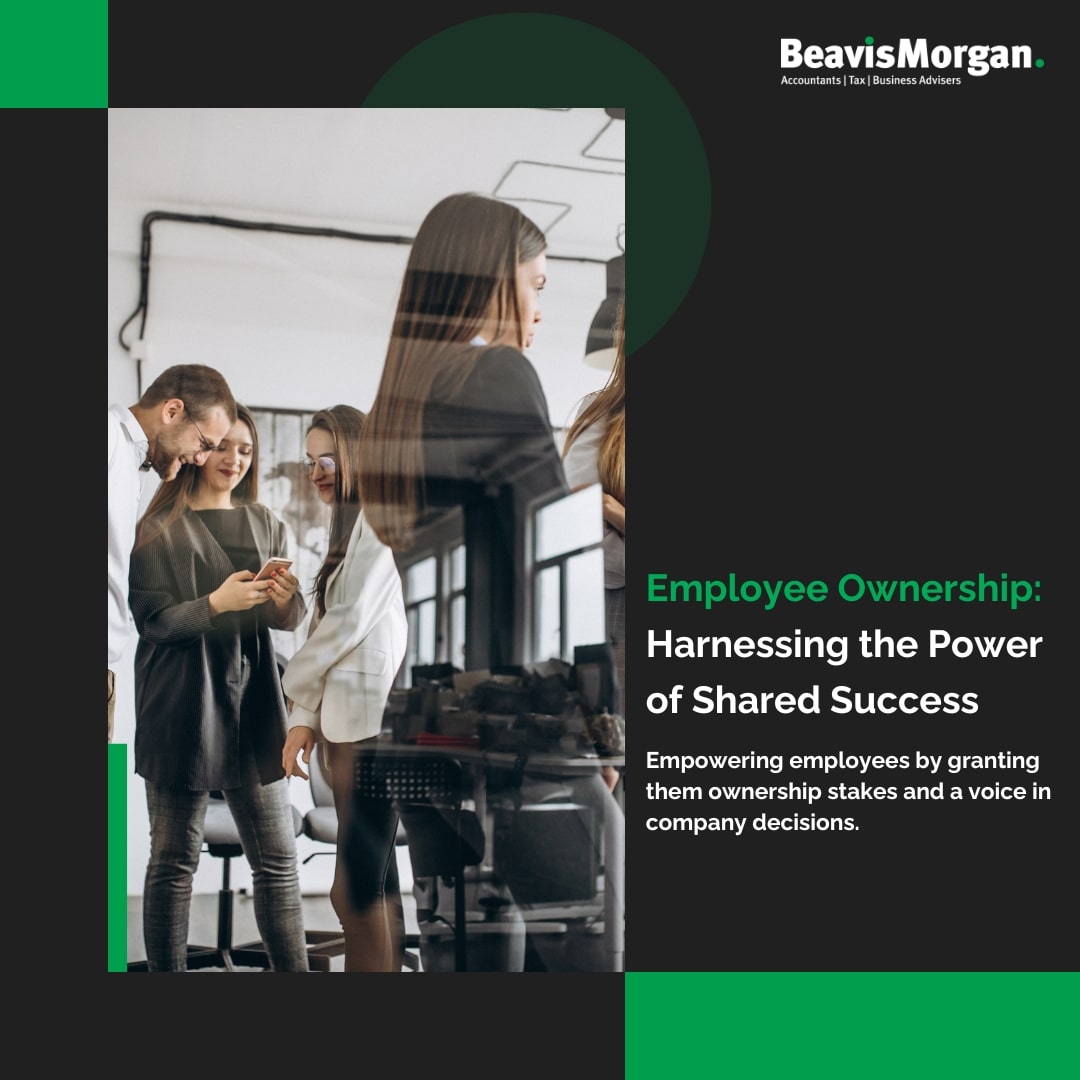Employee ownership (EO) is a transformative business model that grants employees a stake and a say in the organisations they work for. This approach can take various forms, such as direct ownership, where employees own shares outright; indirect ownership through Employee Ownership Trusts (EOTs); or a hybrid model where, along with employees, portions of the company might be held by founders or external investors. A critical aspect of successful EO companies is the incorporation of employee governance, enabling workers to have a voice in company operations.
The Flexibility of EO Structures
EO is not a one-size-fits-all model but is highly adaptable to the unique needs of each business. Whether through Direct Ownership, Indirect Ownership via trusts, or Combined Ownership, companies can tailor the approach to best fit their strategic goals and company culture.
The Benefits of Adopting EO
The transition to employee ownership offers a myriad of advantages:
- Increased Productivity and Profitability: Research consistently shows that employee-owned businesses (EOBs) are more profitable and productive.
- Enhanced Employee Wellbeing: Employees in EOBs enjoy higher satisfaction, better pay, and greater job security.
- Community and Economic Contributions: EOBs tend to be more invested in their local communities and have been shown to contribute significantly to the national economy, delivering up to £42 billion annually in the UK.
- Sustainability and Innovation: EOBs often lead in sustainability and innovation, investing more inresearch and development and adopting comprehensive environmental strategies.
Financial Advantages
- For Business Owners: Transitioning to an EO structure can be financially advantageous due to significant tax reliefs. For instance, in the UK, sales of shares into an EOTs are exempt from capital gains tax, providing a tax-efficient exit strategy for business owners looking to retire or step back without outright selling the company. Another financial benefit is that sellers can stay actively involved in the business, often continuing as directors, which helps ensure stability and continuity as the business transitions to EO.
- For Employees: Typically, employees in an EOT can receive up to £3,600 per year tax-free in the form of bonuses, enhancing their financial wellbeing without increasing their tax liability. Profit sharing is another financial advantage; employees can benefit directly from the company’s profitability through mechanisms like profit shares or bonus schemes.
Read more:EOTs_A Tax Perspective
Why the Rise in EO?
The growth of the EO sector is driven by its proven success across various metrics, including financial performance, employee wellbeing, and community impact. The model not only supports fairer wealth distribution but also fosters a more collaborative and inclusive workplace culture.
Transitioning to EO
The shift to EO should be carefully managed to ensure alignment with the company’s values and long-term objectives. It involves selecting the right type of ownership model, understanding the financial and legal implications, and embedding effective governance structures to ensure all employees can meaningfully contribute to decision-making.
For businesses considering this transformative step, now is a perfect time to reflect on the potential for enhanced employee engagement and shared prosperity.
How Beavis Morgan Can Help
At Beavis Morgan, we have supported many businesses through their transition to employee ownership, providing expert advice tailored to each company’s specific circumstances. If your business is considering a move towards employee ownership, please contact your usualBeavis Morgan Partner or email info@beavismorgan.com. Our highly experienced team will collaborate with your legal advisors to provide bespoke guidance on structuring an employee ownership model that maximises benefits for all stakeholders.
Disclaimer: This article is provided for general information purposes only and does not constitute legal or professional advice. Always consult with a professional advisor before making significant business decisions.

